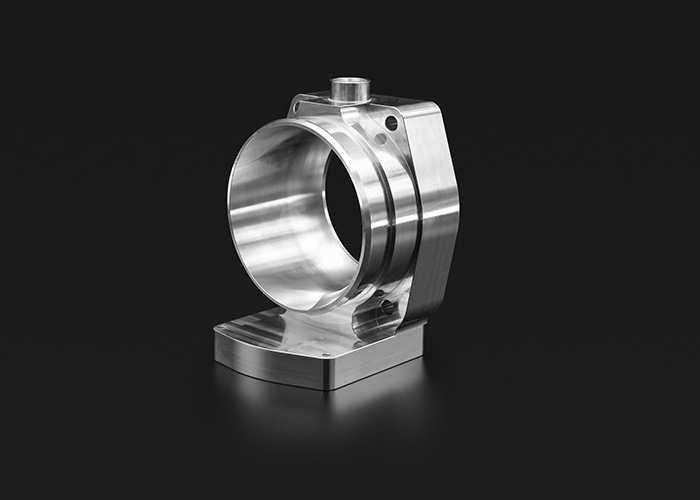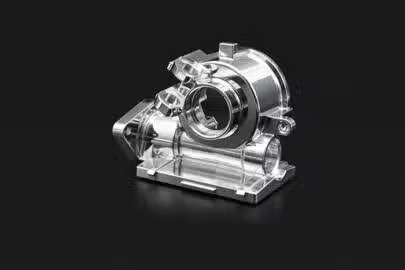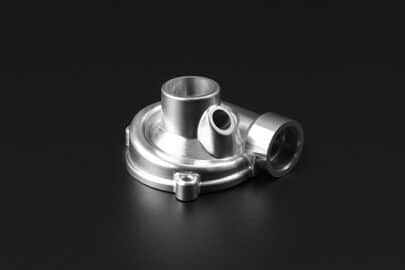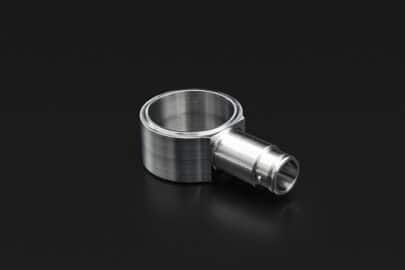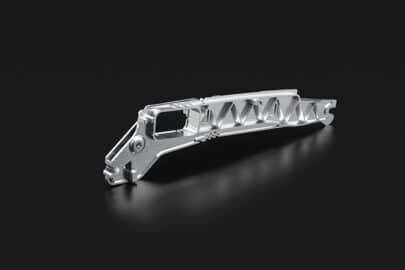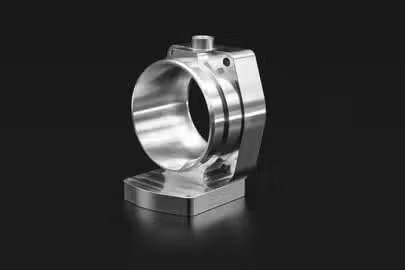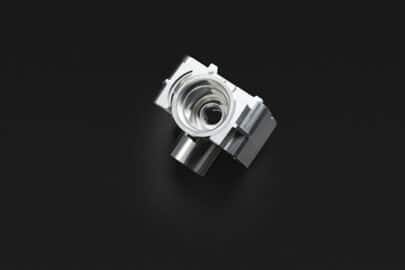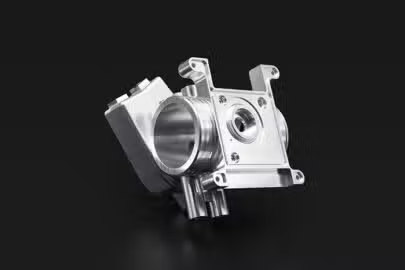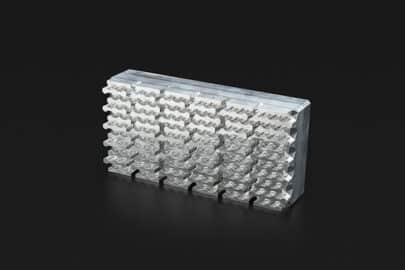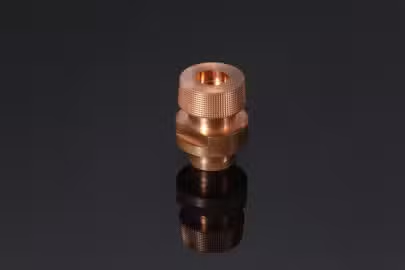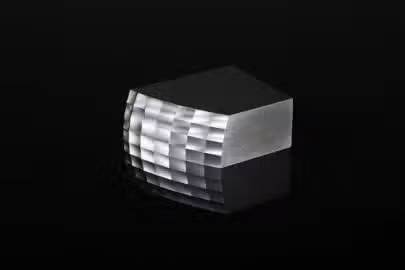As Machined
As machined finish is a CNC machined part, or parts that come right off the machine, just keep the parts as it is without any other surface finishing involved.
Since CNC machining can produce parts with strict tolerances, and surface finishing may affect the dimensions of the parts.
If you have high precision requirements for the parts, you are welcome to choose not to do any surface finishing and keep the parts in its machined state to make sure the best precision.
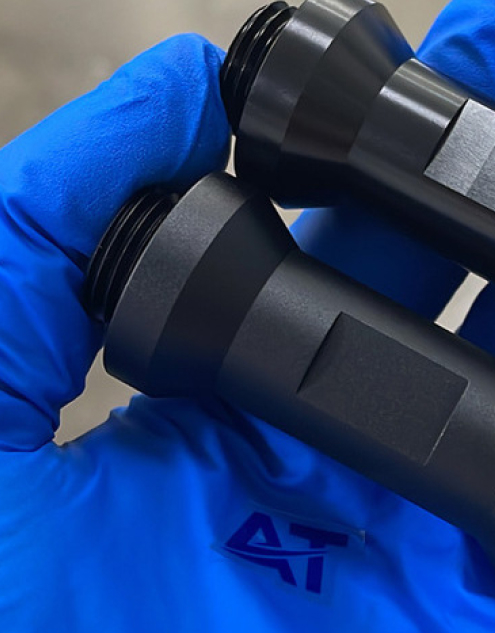
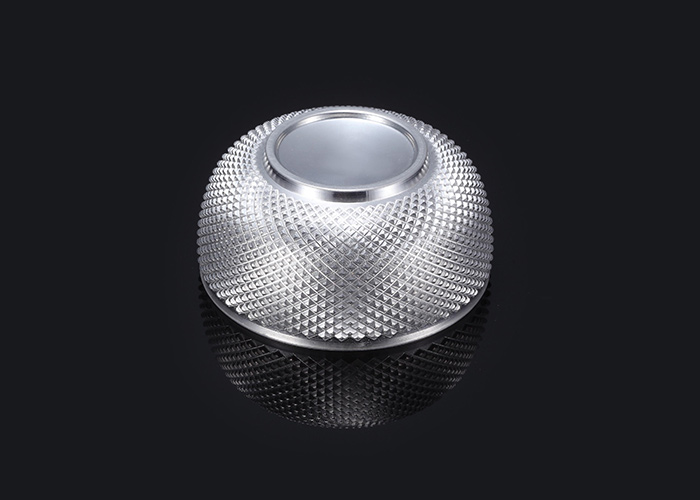
Materials for As Machined Parts

High machinability and ductility, good strength-to-weight ratio. Aluminum alloys have good strength-to-weight ratio, high thermal and electrical conductivity, low density and natural corrosion resistance.

Zinc is a slightly brittle metal at room temperature and has a shiny-greyish appearance when oxidation is removed.

Titanium is an advanced material with excellent corrosion resistance, biocompatibility, and strength-to-weight characteristics. This unique range of properties makes it an ideal choice for many of the engineering challenges faced by the medical, energy, chemical processing, and aerospace industries.

Iron is an indispensable metal in the industrial sector. Iron is alloyed with a small amount of carbon – steel, which is not easily demagnetized after magnetization and is an excellent hard magnetic material, as well as an important industrial material, and is also used as the main raw material for artificial magnetism.

Steel is a strong, versatile, and durable alloy of iron and carbon. Its applications range from construction materials and structural components to automotive and aerospace components.
Steel is strong and durable High tensile strength Corrosion resistance Heat and fire resistance Easily molded and formed.
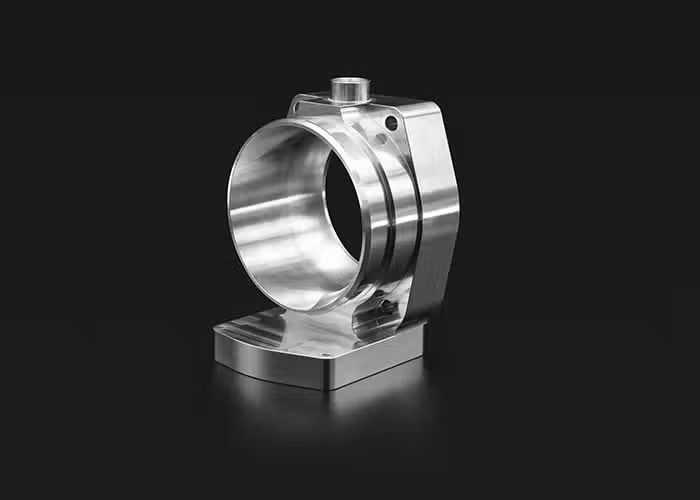
Stainless steel alloys have high strength, ductility, wear and corrosion resistance. They can be easily welded, machined and polished. The hardness and the cost of stainless steel is higher than that of aluminum alloy.

Highly resistant to seawater corrosion. The material’s mechanical properties are inferior to many other machinable metals, making it best for low-stress components produced by CNC machining.

Brass is mechanically stronger and lower-friction metal properties make CNC machining brass ideal for mechanical applications that also require corrosion resistance such as those encountered in the marine industry.

Few metals have the electric conductivity that copper has when it comes to CNC milling materials. The material’s high corrosion resistance aids in preventing rust, and its thermal conductivity features facilitate CNC machining shaping.
Design Considerations
Advantages of as machined surface finish
- Highly accurate to meet tight tolerances.
- No extra costs for standard average surface roughness.
- Short lead times since etra surface finishing is not required.
Disadvantages of as machined surface finish
- Machine tool cutting marks are visible.
- No protection for materials with low corrosion resistance.
